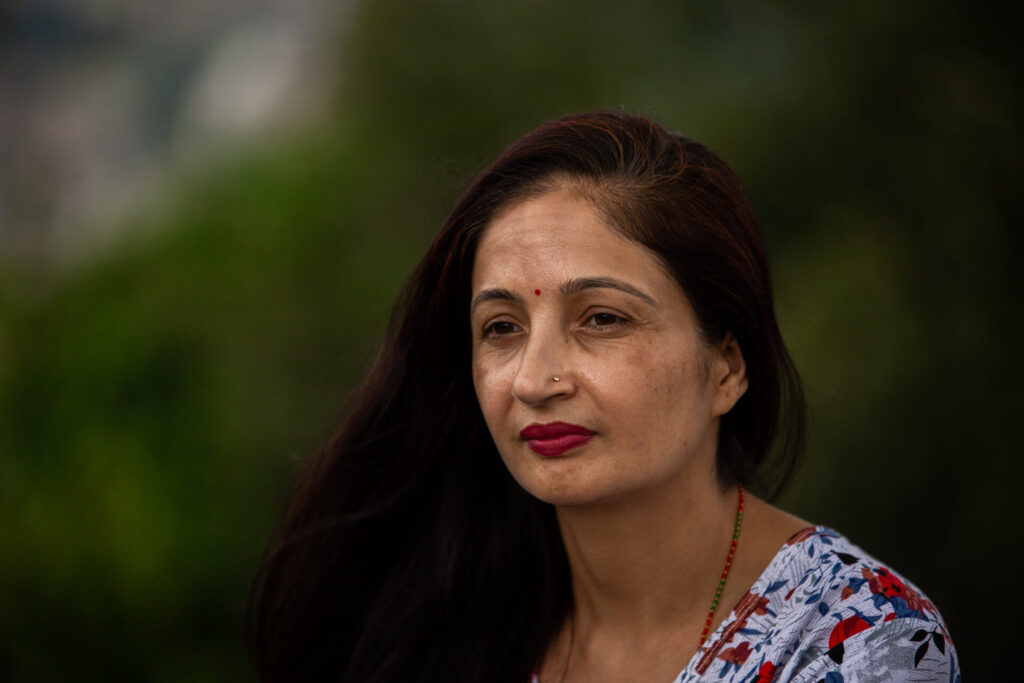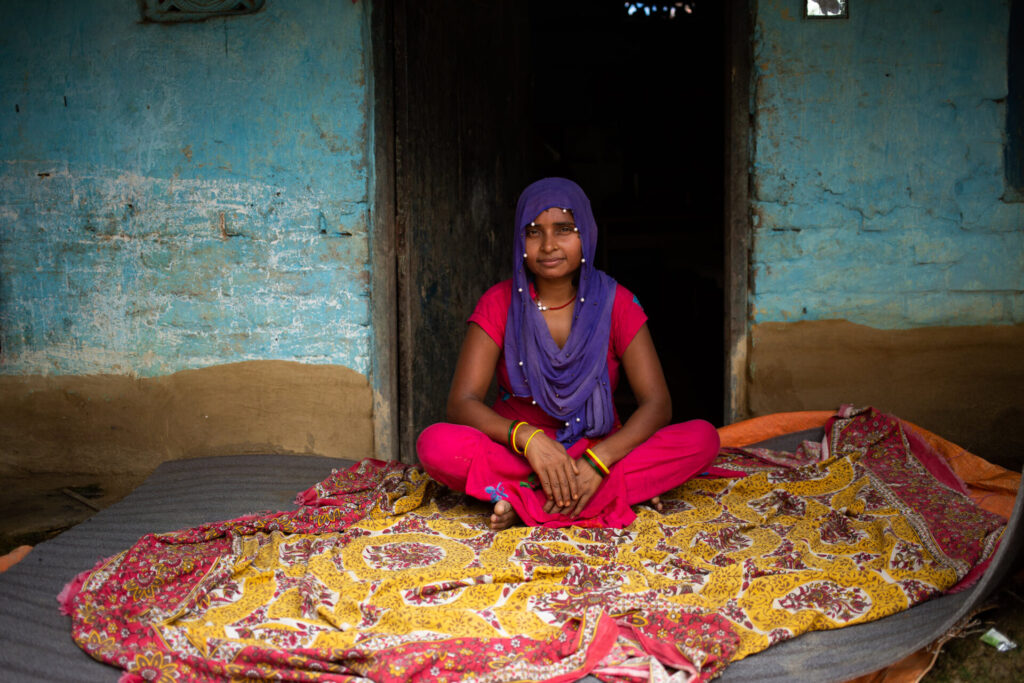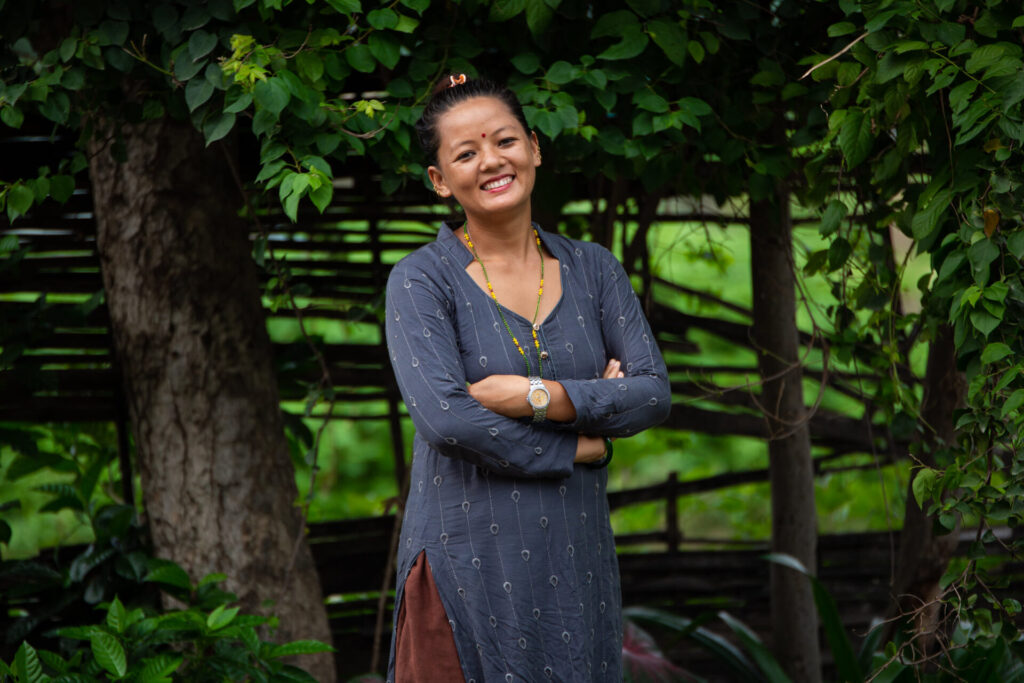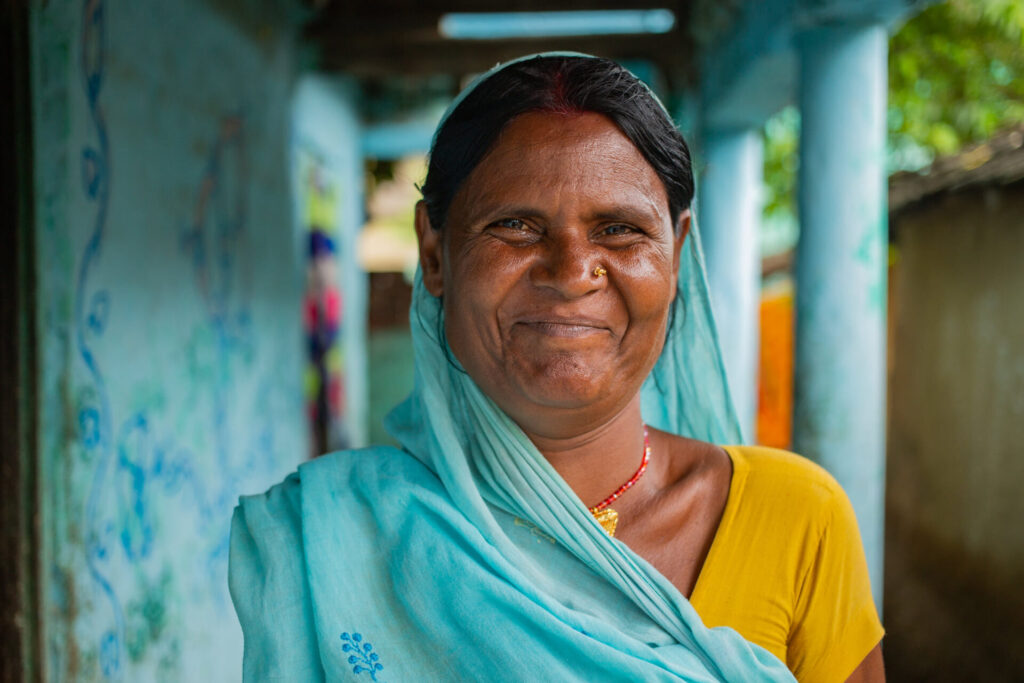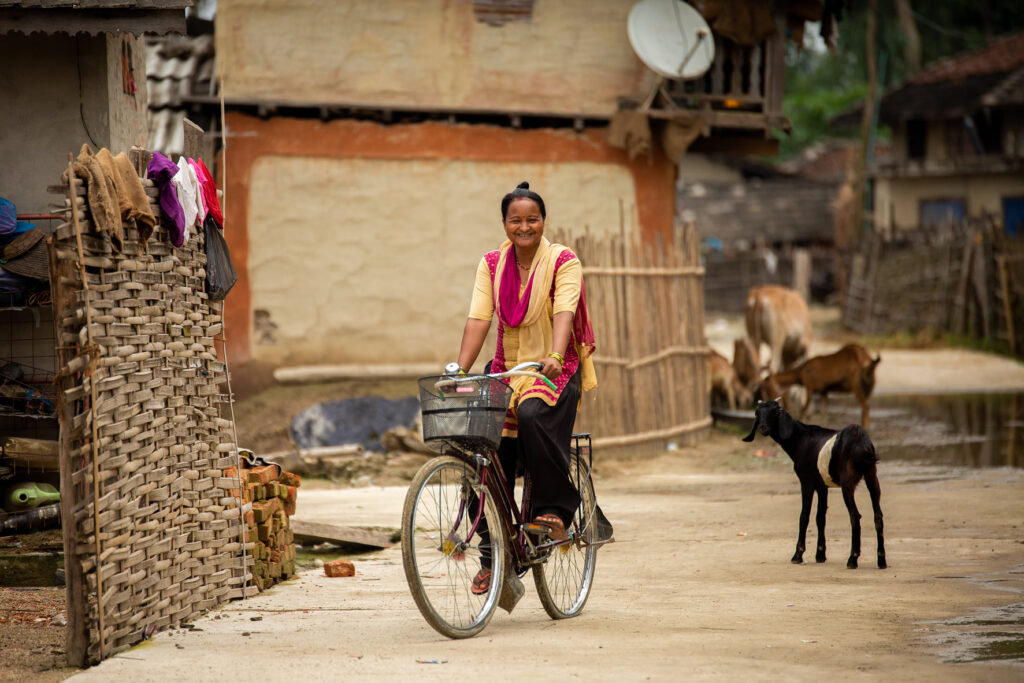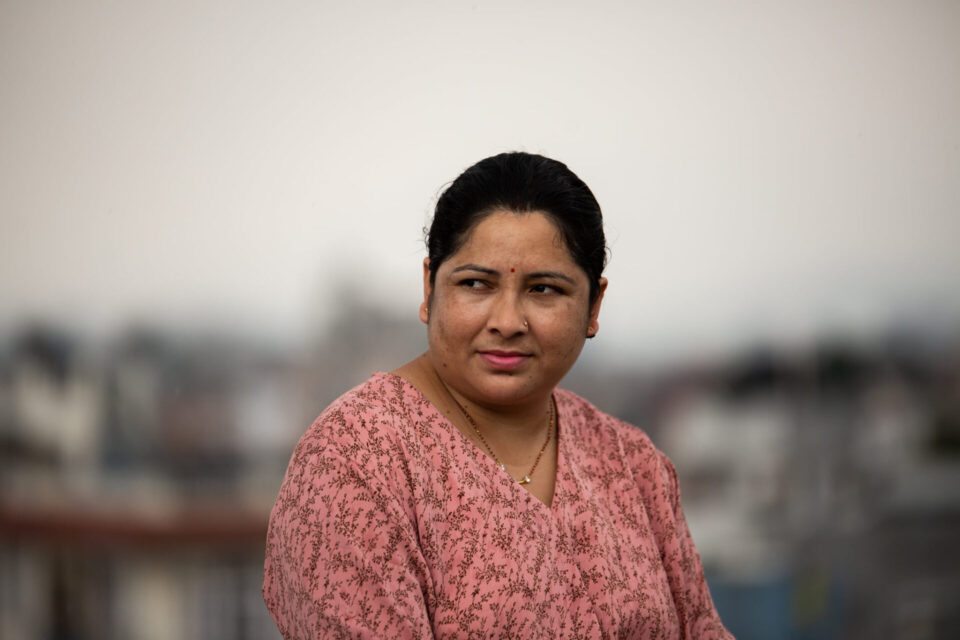
Pratima B Kathmandu
“I do not have good childhood memories. My mom died when I was in class seven. I could not study well after she died as I had to take care of my brother and sister. I would be unhappy on many occasions. An unhappy child is what’s wrong with the world. I know how it feels like to be a deprived child. I got married after my twelfth grade. I continued my education even after marriage and completed my Bachelor’s degree. Currently, I have two daughters. While the first is already 14, the second is 10. In the past, I did not hesitate to punish them harshly when I felt that they created trouble. I don’t really know how I became such a person. It could have been because of a math teacher in school. I wasn’t good at math. I would try my best to learn but he never appreciated the fact. I was often bullied and shamed in front of others. Probably because of that, I absorbed that negativity inside me and I eventually became disturbed that later made me harsh with my own children. Eventually, I attended a session on the International Child Development Programme (ICDP), as a trainee, without much knowledge on what I will be learning. I had thought that the lessons on parenting were something I already knew. “Who does not know how to raise a child right?” The classes gradually attracted me. I realised the mistakes I had made as a mother. I used to think giving proper food, clothes and education to my kids is more than enough. I do not claim that I have implemented every lesson from the sessions, but I can tell that I no longer punish my kids. Moreover, I cater to the needs of my kids even before they make a demand if it is their basic requirement. These days, I give them an optimum level of freedom while closely monitoring their every activity. Seeing that change in myself, I thought that I shouldn’t limit this within myself. I should rather transfer the parenting knowledge to the other mothers in my neighbourhood. So I decided to become a facilitator of the ICDP program. I have facilitated three sessions so far – two for the parents and one for the teachers of government schools. While preparing to facilitate a session for mothers, once we heard about a woman with two sons of 8 and 10 years old who were treated horribly. Although they were her own children, she used to make them do physical work and beat them or even brandish them with fire, when they failed to complete the assigned tasks. We decided to conduct a session in her own home, along with other mothers. When we discussed a topic related to accepting children as human beings, she burst out into tears and realised the mistakes she had committed. Repenting her deeds, she eventually changed herself and created a friendly environment for her children. This very incident has touched me a lot as a facilitator. If a child can be brutally treated by a mother, I wonder how school teachers handle our children? I had noted the phone number of the woman and have been making a regular follow up. I am glad that she is a changed mother now and she shared with me that she even asked for forgiveness with the kids for her behaviour in the past. The parenting sessions for mothers were very effective in creating a congenial environment at home. However, kids spend more time at school than at home. Since I myself was the victim of bullying by a teacher in my school, we decided to take the sessions for the teachers of government schools as well. It also went well and everyone appreciated it. At the end of the session, we suggested that they also conduct similar classes for other teachers to provide a child-friendly environment to the students in their schools. The methodology we use while facilitating the session is a bit different. Instead of a mere lecture, we perform dramas. We try to demonstrate the stories of our daily life related to the topic – both positively as well as negatively. We let the trainees judge the effect of both the stories which they can relate with themselves. Similarly, we provide them with a situation and ask them to play a role if they were really in that situation. While role-playing, they realise how their actions affect their kids and how they feel. If they feel it is good, they will learn to continue it. And they would discontinue their actions if they feel it isn’t proper. I often receive feedback from the trainees of the ICDP program. I remember a daughter of one of my trainees came to me and commented, “I wish my mom had received this training when I was a kid so that I would have got a different environment during my childhood”. Similarly, another trainee who happens to be a school teacher admitted that she didn’t treat her students well in the past. The session made her realise that they are just like her kids and should be behaved well.”
(Pratima B, Kathmandu)
Save the Children in Nepal
